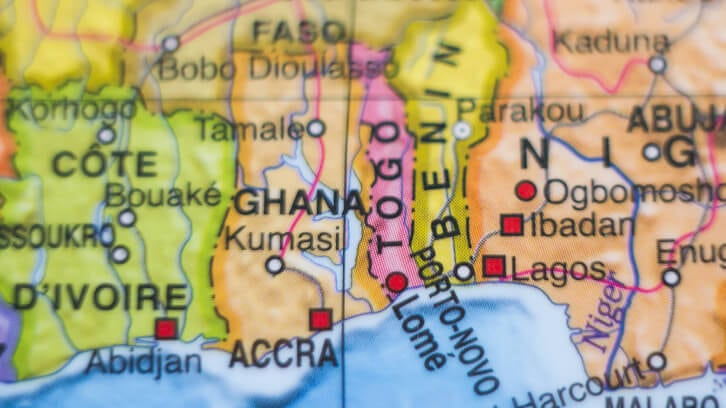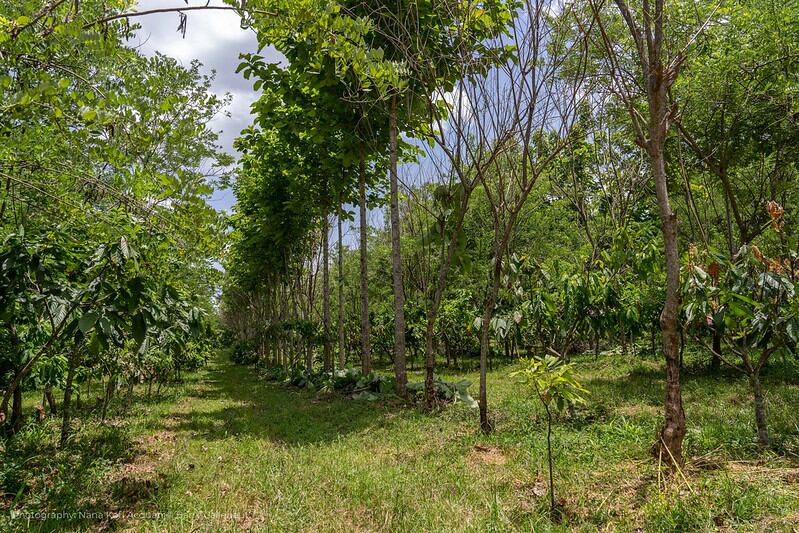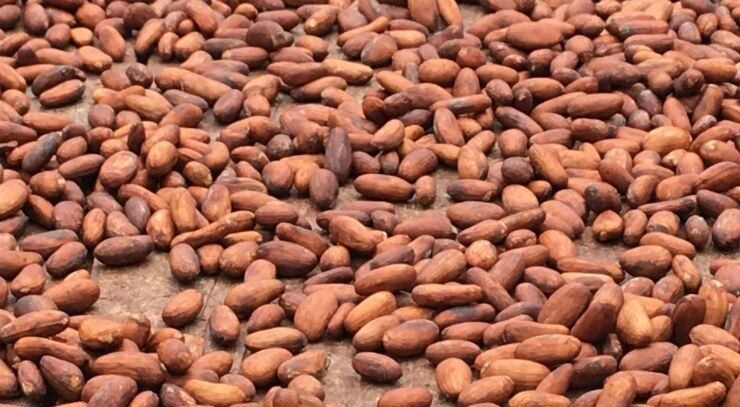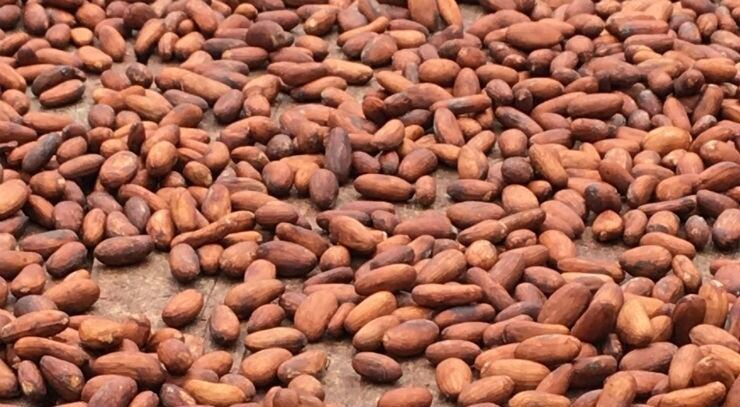Cote d’Ivoire has been told to end broad-based government fuel and food subsidies and replace them with targeted cash transfers as one of the requirements to obtain final approval for its $3.5 billion support package from the International Monetary Fund.
The world’s biggest cocoa producer, which secured IMF staff-level agreement for the 40-month programme last month, will need to put an end to broad-based fuel and food subsidies, Cote d’Ivoire’s IMF Resident Representative Kadima Kalonji told reporters in the commercial hub of Abidjan Monday.
In a statement issued to the press this week, the IMF said it has reached a staff-level agreement on economic policies and reforms to be supported by a new 40-month arrangement of approximately US$ 3.5 billion under the Extended Fund Facility (EFF)/ Extended Credit Facility (ECF).
The IMF-supported programme would aim to preserve fiscal and debt sustainability and advance the authorities’ reform agenda for deeper economic transformation under the 2021-25 National Development Plan.
Olaf Unteroberdoerster, leader of the IMF team, said: “The Ivorian economy proved resilient to the pandemic, but the economic rebound has softened in the face of adverse spillovers from the Russia’s war in Ukraine and global monetary tightening. Indirect and direct subsidies to curb price pressures, higher security spending, and worsening terms-of-trade amid robust domestic demand have led to a widening of macroeconomic imbalances in 2022.
“Against this challenging backdrop, the authorities have requested Fund support under a blended EFF/ECF arrangement for their economic programme. It aims to preserve fiscal and debt sustainability and anchor the 2021-25 National Development Plan (NDP) in key structural priorities to promote more inclusive growth led by the private sector and facilitate Côte d’Ivoire’s transition towards a middle-income country.”
Ghana
The situation in neighbouring Ghana, the second-largest cocoa producer in the world, has also been watched closely by the industry mainly due to the substantial depreciation of the GHS vis-à-vis the USD. The two neighbouring West African countries produce over 60% of the world's cocoa.
Ghana defaulted on its debts in December and reached a preliminary agreement on a $3bn IMF bailout, which is expected to be approved later this month, Finance Minister Ken Ofori-Atta said.
According to the Financial Times, The IMF said that before it asks its board to approve the support package, Accra must first address its domestic debts — money typically borrowed from local banks, pension funds and insurance companies.
The government also aims to bring rampant inflation down to 8% in the medium term and is targeting real GDP growth of 5% over the same period, Reuters reported.
Ghana's inflation reached a more than two-decade high of 54.1% in December but has since slowed, falling to 45% year-on-year in March.
In its March 2023 Market Report the International Cocoa Organisation (ICCO) said that for the 2022-23 mid-crop, the Ivorian and Ghanian regulators have left unchanged the fixed farmgate price to 900 XOF per kg ($1,507 per tonne) and 12,800 GHS per tonne ($1,206 US per tonne), respectively.




